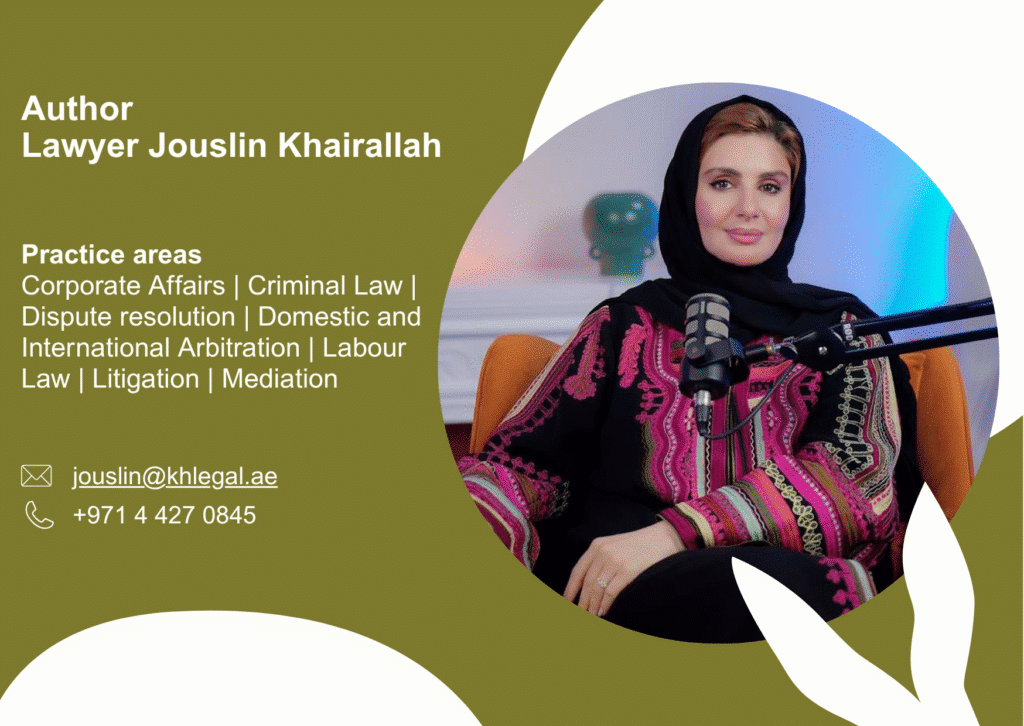Introduction
Islamic finance has long positioned itself as a fairer, more ethical alternative to conventional banking. Based on Sharia principles, it prohibits interest (riba) and instead relies on profit-sharing, leasing, and trade-based transactions. On paper, it is meant to avoid exploitation and promote financial justice. But from a legal and practical perspective in the UAE, a critical question arises: Are Islamic financial institutions truly offering better terms for the public, or simply repackaging interest-based products at a higher cost?
This article explores the key legal distinctions between Islamic and conventional finance in the UAE, offers practical examples, and highlights serious concerns about transparency, affordability, and court oversight, particularly when Islamic loans often cost more under a different label.
Legal Framework: What the Law Says
• Conventional Finance is governed by the UAE Civil Code, Commercial Transactions Law, and Central Bank regulations. Interest is legal and regulated.
• Islamic Finance follows Sharia-
• UAE courts recognize both systems, but usually do not intervene in pricing unless fraud, coercion, or public policy is violated.
Read More About: Cyber Law in UAE: Legal Analysis of Cyber Extortion and Online Blackmail
Real-World Examples: Higher Costs in Practice
• Home Purchase:
• Conventional mortgage: AED 1 million at 4% = total repayment ~AED 1.45 million over 20 years.
• Murabaha financing: Bank buys and resells property at AED 1.7 million = ~AED 7,080/month, total repayment = AED 1.7 million.
• Result: The Islamic product avoids interest but embeds a higher “profit margin.”
• Car Finance:
• Bank loan: AED 100,000 at 3.5% = total repayment ~AED 109,100.
• Ijara lease: Same car, total repayment ~AED 112,000. Includes Takaful and fees.
• Result: Islamic lease is legally different, but practically costlier.
• Credit Cards:
• Conventional card: 3% interest monthly.
• Islamic Tawarruq card: 3.25% profit monthly through multiple buy-sell steps.
• Result: Complex process, similar or higher effective cost.
Legal Protections Against Excessive Charges
• The UAE Civil Code prohibits excessive or hidden interest in personal loans.
• The Consumer Protection Law (Federal Law No. 15 of 2020) requires transparency and fair treatment.
• Central Bank regulations mandate that conventional banks disclose APR, but Islamic banks only show a “profit rate,” not the true cost.
• Problem: Consumers are often misled into believing Islamic finance is cheaper or safer, while paying more in total.
Court Review and Borrower Protection
• UAE courts may examine the date of loan issuance, the debtor’s income, and whether the installments exceed basic living expenses.
• In some cases, courts have intervened where banks issued unrealistic loans—including cases where the loan was up to 90 times the borrower’s monthly salary.
• Such financing is not just legally questionable—it’s irresponsibl
• However, court relief is limited unless the borrower sues and proves hardship, deception, or unfair terms.
The Real Concern: Form Over Substance
Islamic finance claims to offer a moral alternative—but in many UAE cases, it has become a matter of form over substance. The contracts are Sharia-compliant, but the real costs are often higher, and the legal system is not yet equipped to enforce full transparency.
Consumers are often unaware that they are entering into arrangements that behave just like interest-bearing loans—with additional layers of fees and complexity.
Learn More About: Digital Evidence in UAE Trials & Dubai Cyber Crime Laws
Conclusion: Time for Reform and Clarity
Both Islamic and conventional finance systems operate legally in the UAE. But legality alone is not enough. As a legal professional, I believe:
• Islamic finance must be held to its ethical promise, not just Sharia structure.
• Regulators should require Islamic banks to disclose the effective annual cost, just like APR in conventional loans.
• Courts should actively scrutinize cases where people are overwhelmed by unreasonable obligations, especially when loans far exceed income levels.
True justice in finance must go beyond words like “profit” or “riba-free”—it must ensure that the person taking the loan understands the cost, can afford it, and is treated fairly.
Having said that, contact Khairallah Advocates & Legal Consultants and benefit from our free 30-min legal consultation.
*Disclaimer: our blogs, law updates and FAQ’s are freely distributed for educational purposes and to showcase recent updates and regulations in the UAE’s framework.
If you have any questions and need assistance, contact us at our number or book an appointment online.





